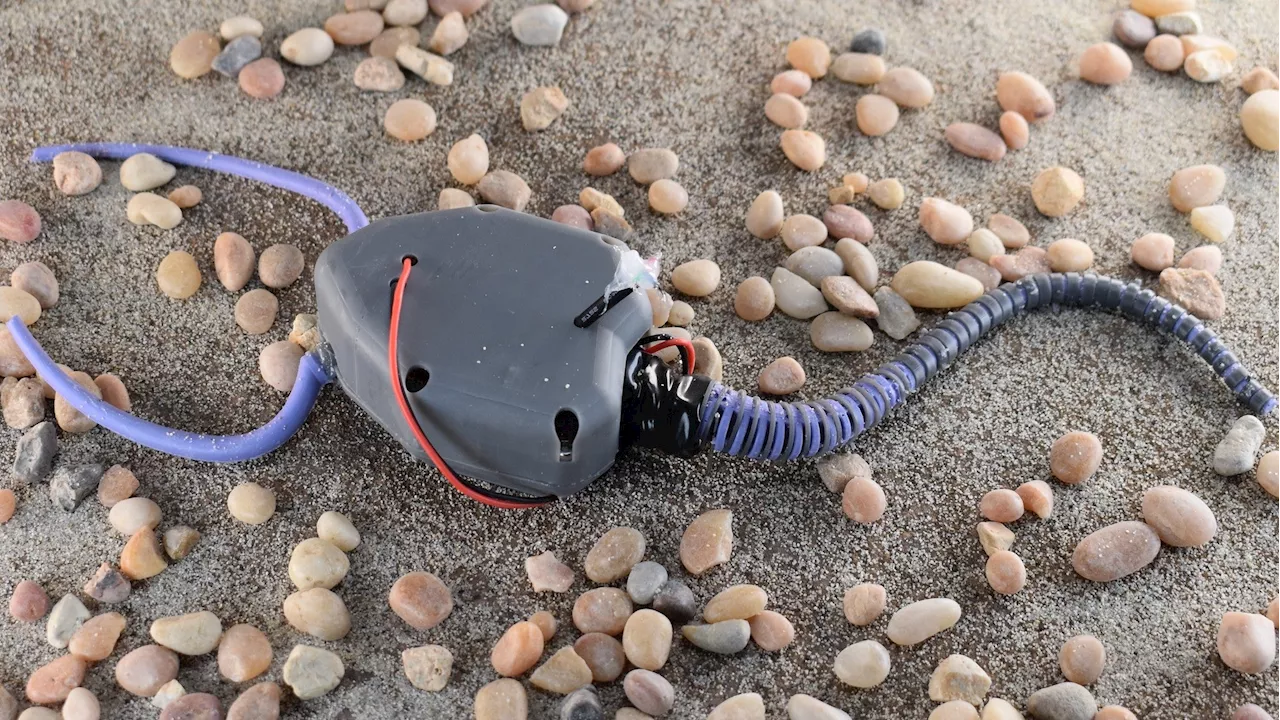Andrew Paul is Popular Science‘s staff writer covering tech news. Previously, he was a regular contributor to The A.V. Club and Input, and has had recent work featured by Rolling Stone, Fangoria, GQ, Slate, NBC, as well as McSweeney’s Internet Tendency. He lives outside Indianapolis.
Plenty of robots are inspired by existing animals, but not as many take their cue from extinct creatures. To design their own new machine, Carnegie Mellon University researchers looked over 500-million years back in time for guidance. Their result, presented during the 68th Biophysical Society Annual Meeting, is an underwater soft robot modeled after one of the sea urchin’s oldest ancestors.
be/FL_dXTRPDyE To the casual viewer, footage of the mechanical monster clumsily inching across the ground may seem to hint at why the pleurocystitid is long gone. But according to Richard Desatnick, a Carnegie Mellon PhD student under the direction of mechanical engineering faculty Phil LeDuc and Carmel Majidi, the ancient animal likely deserves more credit.
United States Latest News, United States Headlines
Similar News:You can also read news stories similar to this one that we have collected from other news sources.
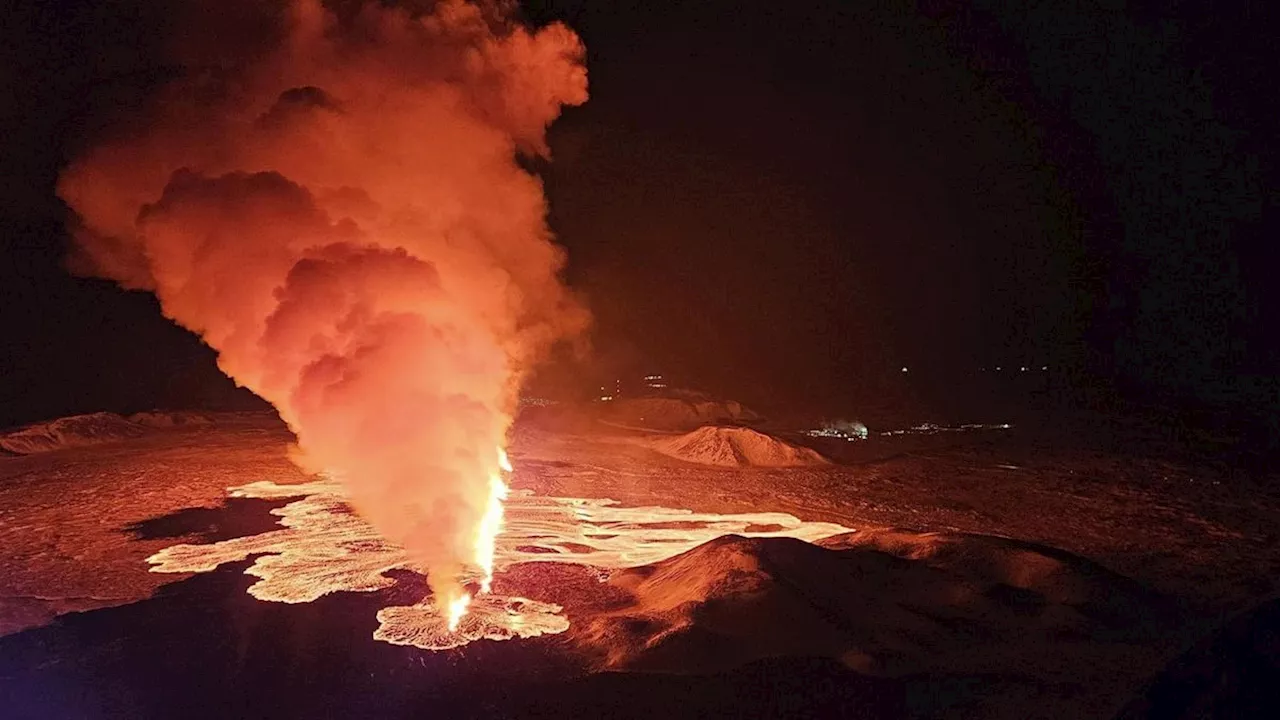 'We were very surprised': Magma under Reykjanes Peninsula rushed into Grindavík dike at a shockingly fast rateHannah Osborne is the planet Earth and animals editor at Live Science. Prior to Live Science, she worked for several years at Newsweek as the science editor. Before this she was science editor at International Business Times U.K. Hannah holds a master's in journalism from Goldsmith's, University of London.
'We were very surprised': Magma under Reykjanes Peninsula rushed into Grindavík dike at a shockingly fast rateHannah Osborne is the planet Earth and animals editor at Live Science. Prior to Live Science, she worked for several years at Newsweek as the science editor. Before this she was science editor at International Business Times U.K. Hannah holds a master's in journalism from Goldsmith's, University of London.
Read more »
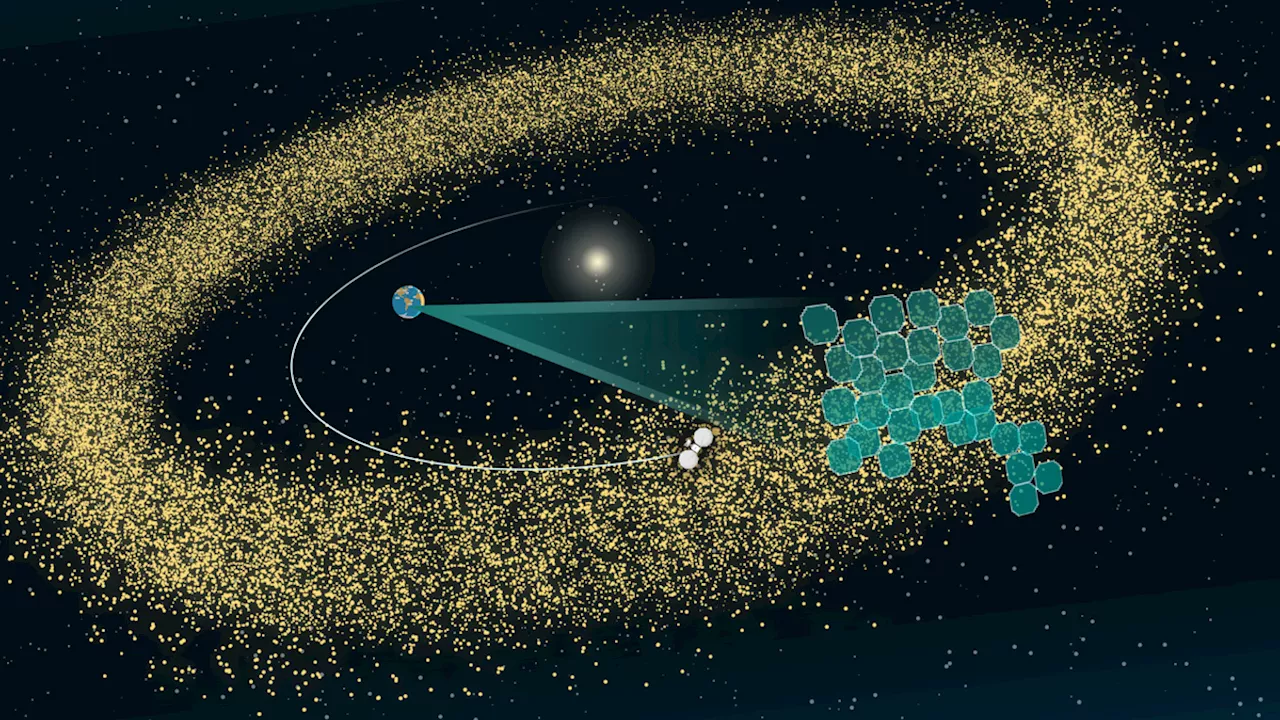 How Earth's new Rubin Observatory will usher in the next era of asteroid space missionsRobert Lea is a science journalist in the U.K. whose articles have been published in Physics World, New Scientist, Astronomy Magazine, All About Space, Newsweek and ZME Science. He also writes about science communication for Elsevier and the European Journal of Physics. Rob holds a bachelor of science degree in physics and astronomy from the U.K.
How Earth's new Rubin Observatory will usher in the next era of asteroid space missionsRobert Lea is a science journalist in the U.K. whose articles have been published in Physics World, New Scientist, Astronomy Magazine, All About Space, Newsweek and ZME Science. He also writes about science communication for Elsevier and the European Journal of Physics. Rob holds a bachelor of science degree in physics and astronomy from the U.K.
Read more »
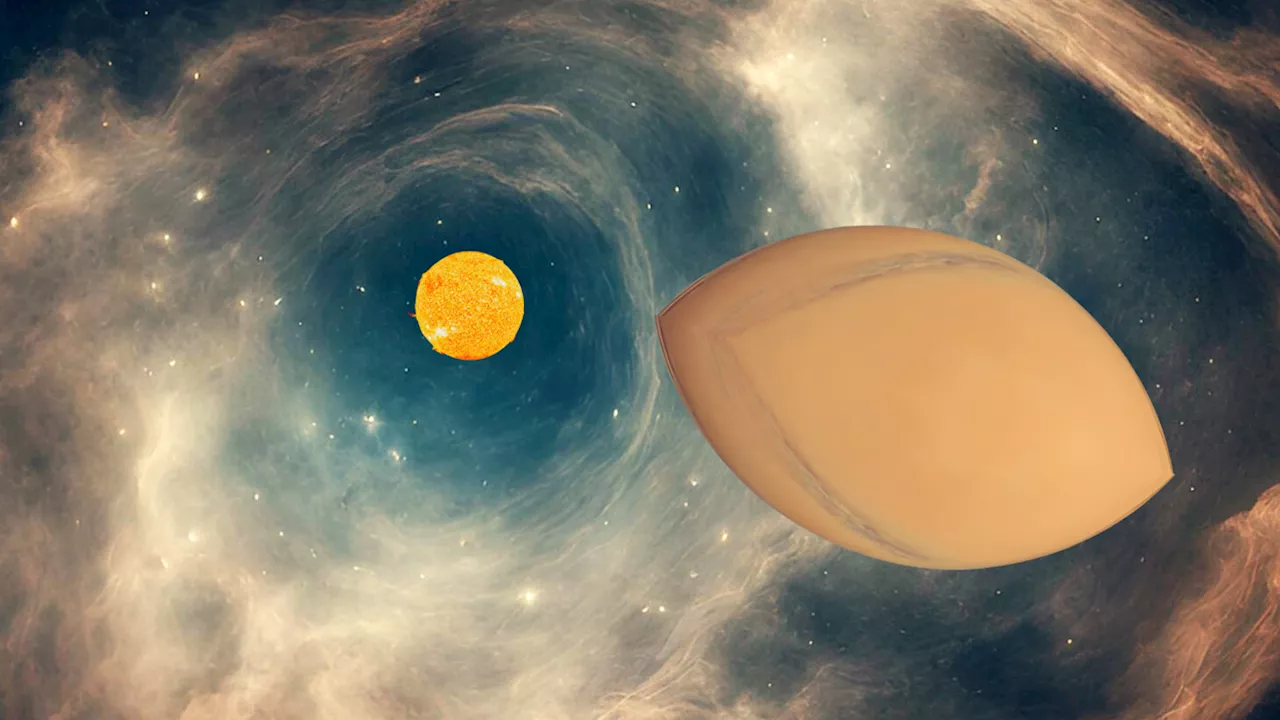 Surprise! Baby exoplanets might look like Smarties candies rather than spheresRobert Lea is a science journalist in the U.K. whose articles have been published in Physics World, New Scientist, Astronomy Magazine, All About Space, Newsweek and ZME Science. He also writes about science communication for Elsevier and the European Journal of Physics. Rob holds a bachelor of science degree in physics and astronomy from the U.K.
Surprise! Baby exoplanets might look like Smarties candies rather than spheresRobert Lea is a science journalist in the U.K. whose articles have been published in Physics World, New Scientist, Astronomy Magazine, All About Space, Newsweek and ZME Science. He also writes about science communication for Elsevier and the European Journal of Physics. Rob holds a bachelor of science degree in physics and astronomy from the U.K.
Read more »
 FCC bans AI-generated robocallsAndrew Paul is Popular Science‘s staff writer covering tech news. Previously, he was a regular contributor to The A.V. Club and Input, and has had recent work featured by Rolling Stone, Fangoria, GQ, Slate, NBC, as well as McSweeney’s Internet Tendency. He lives outside Indianapolis.
FCC bans AI-generated robocallsAndrew Paul is Popular Science‘s staff writer covering tech news. Previously, he was a regular contributor to The A.V. Club and Input, and has had recent work featured by Rolling Stone, Fangoria, GQ, Slate, NBC, as well as McSweeney’s Internet Tendency. He lives outside Indianapolis.
Read more »
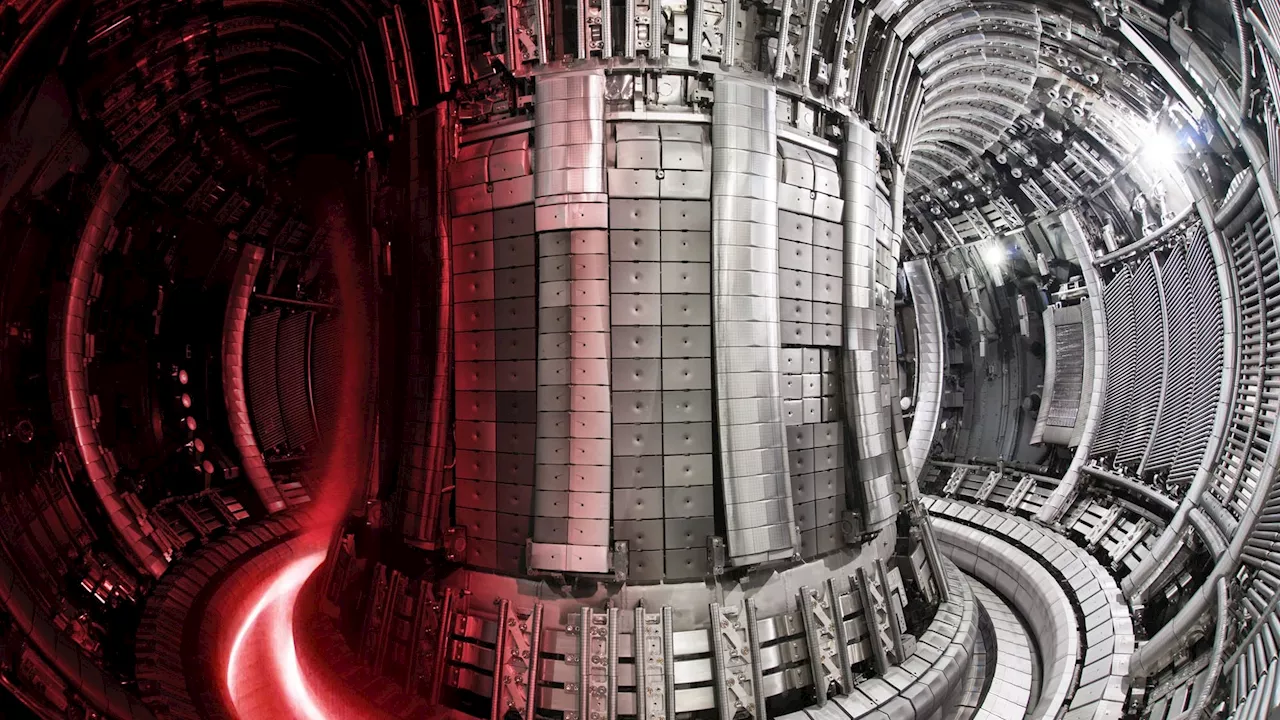 Aging reactor sets new fusion energy record in last hurrahAndrew Paul is Popular Science‘s staff writer covering tech news. Previously, he was a regular contributor to The A.V. Club and Input, and has had recent work featured by Rolling Stone, Fangoria, GQ, Slate, NBC, as well as McSweeney’s Internet Tendency. He lives outside Indianapolis.
Aging reactor sets new fusion energy record in last hurrahAndrew Paul is Popular Science‘s staff writer covering tech news. Previously, he was a regular contributor to The A.V. Club and Input, and has had recent work featured by Rolling Stone, Fangoria, GQ, Slate, NBC, as well as McSweeney’s Internet Tendency. He lives outside Indianapolis.
Read more »
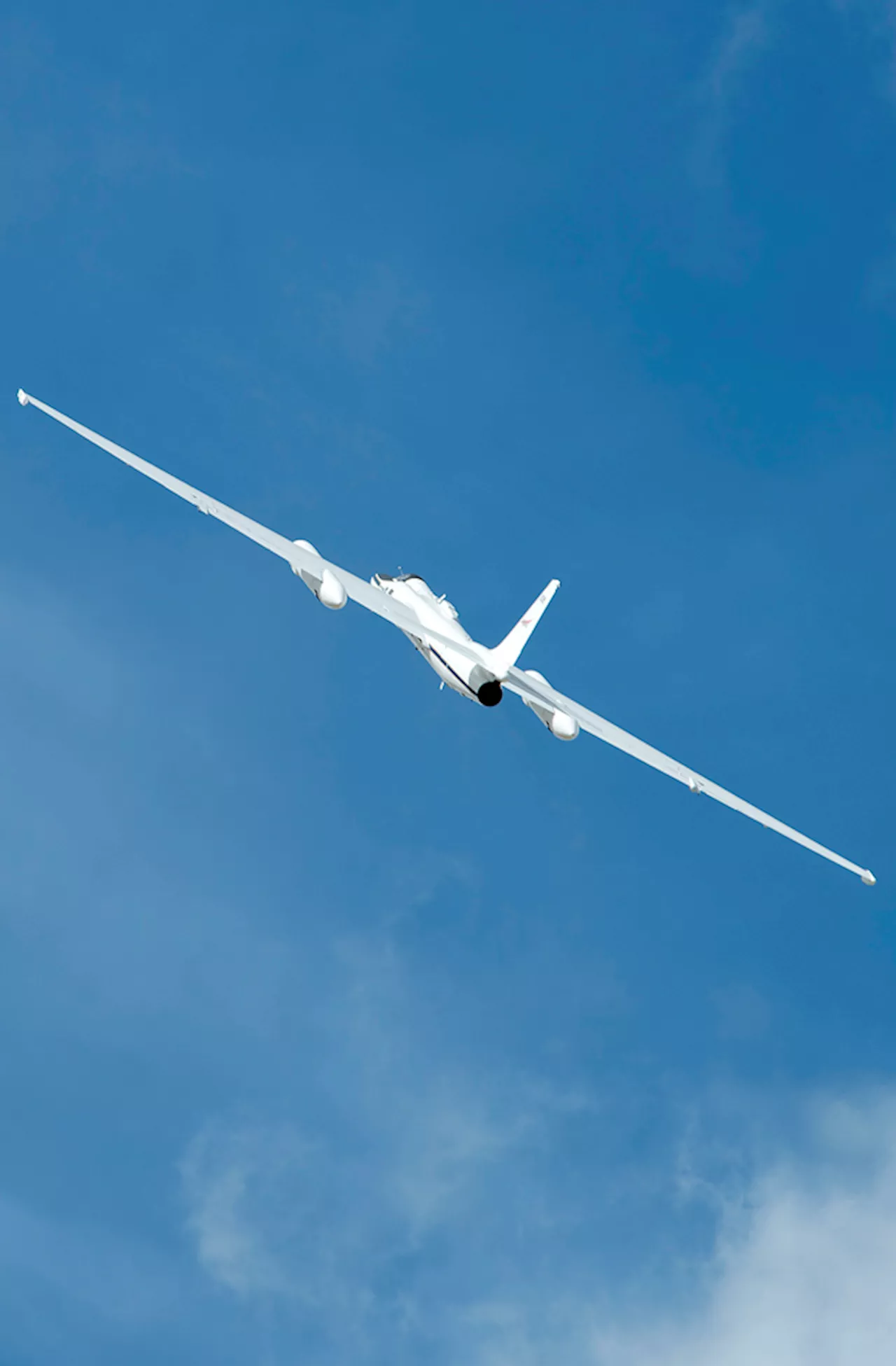 Science in the AirThe Science in the Air page will show stories for when a NASA aircraft is used to host, conduct, or otherwise support NASA scientists in their efforts to learn more about Planet Earth, we'll highlight those stories here.
Science in the AirThe Science in the Air page will show stories for when a NASA aircraft is used to host, conduct, or otherwise support NASA scientists in their efforts to learn more about Planet Earth, we'll highlight those stories here.
Read more »
